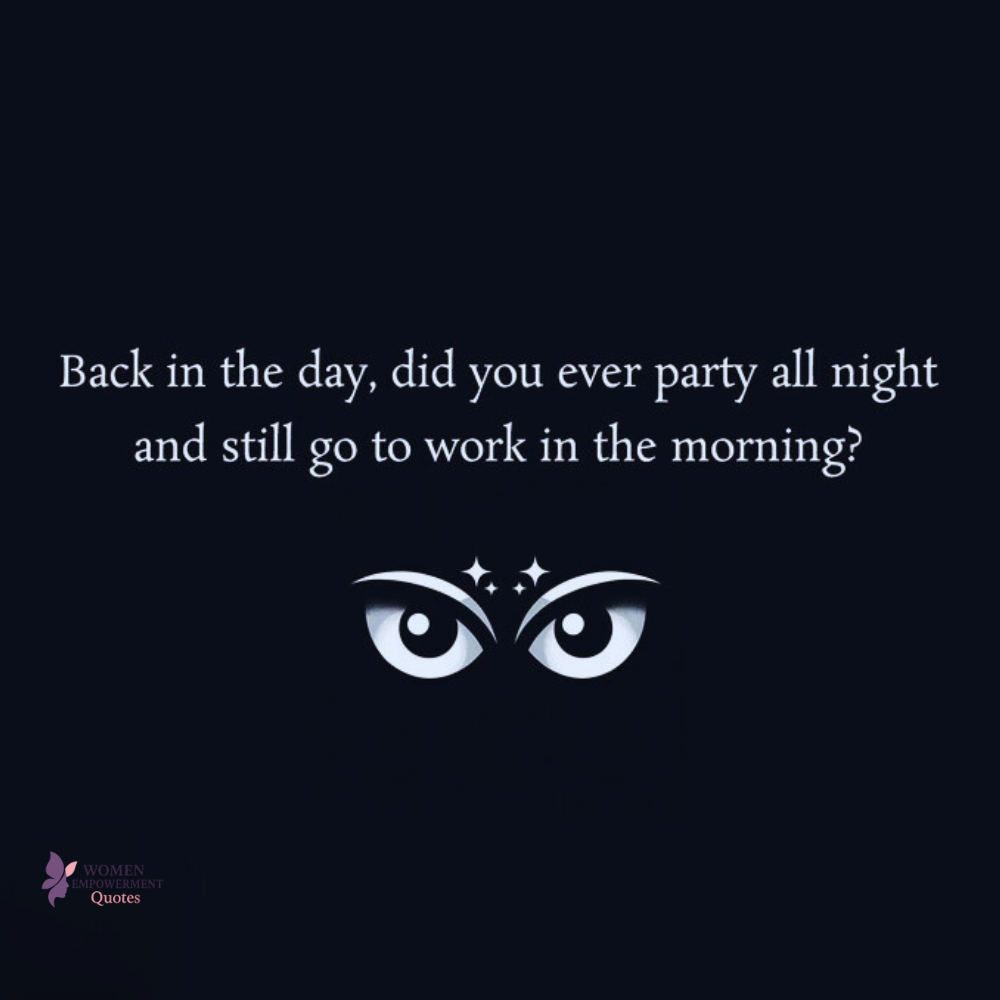
The Science Behind Sleep Deprivation
Circadian Disruption
Our bodies operate on a sophisticated 24-hour internal clock called the circadian rhythm. This biological timekeeper orchestrates everything from hormone production to metabolism and body temperature. When we stay awake through the night, we essentially throw this finely-tuned system into disarray.
Hormonal Havoc
Melatonin, often called the “sleep hormone,” naturally rises in the evening as darkness falls, signaling to our body that it’s time to rest. An all-nighter interrupts this process, causing melatonin production to become dysregulated. This disruption can affect your sleep patterns for several days afterward, not just the night you missed.
Cognitive and Emotional Effects
Mental Performance
Perhaps the most noticeable impact of staying up all night is on cognitive function. Research shows that sleep deprivation significantly impairs:
- Attention span and concentration
- Problem-solving abilities
- Decision-making processes
- Short-term memory formation
These effects can be comparable to being legally intoxicated, making complex tasks particularly challenging.
Emotional Regulation
Sleep and mood are intimately connected. Even one night of missed sleep can lead to:
- Increased irritability and emotional reactivity
- Heightened stress responses
- Reduced ability to regulate emotions
- Temporary symptoms resembling anxiety or depression
Physical Impacts
Metabolic Changes
Your body’s ability to process glucose becomes impaired during sleep deprivation, leading to a state resembling temporary insulin resistance. This explains why you might crave carbohydrate-rich or sugary foods after a sleepless night—your body is seeking quick energy to compensate.
Temperature Regulation
Our core body temperature naturally decreases during nighttime hours. When you stay awake, you may feel unnaturally cold as your body attempts to follow its programmed temperature drop despite continued activity.
Immune Function
Even a single night without sleep can reduce your immune system’s effectiveness. Natural killer cells—critical for fighting off viruses and cancer cells—show decreased activity after sleep deprivation, leaving you more vulnerable to illness.
Cardiovascular Effects
Your heart works harder when you’re sleep-deprived. Studies show increased heart rate and blood pressure in people who skip sleep, putting additional strain on the cardiovascular system over time.
The Body’s Compensatory Mechanisms
Adrenaline Surges
To fight overwhelming fatigue, your body releases adrenaline to keep you going. This creates that “second wind” feeling that some night owls experience in the early morning hours. However, this is followed by an inevitable crash once the temporary boost wears off.
REM Rebound
If you do manage to sleep after pulling an all-nighter, you’ll likely experience what sleep researchers call “REM rebound”—longer and more intense periods of dream-filled REM sleep as your brain attempts to recover what it missed.
Optimizing Your Sleep Cycle
While occasional late nights might be unavoidable, understanding how to support your natural sleep cycles can minimize the negative impacts:
- Consistency is key: Maintain regular sleep and wake times, even on weekends
- Light management: Expose yourself to bright light in the morning and limit blue light exposure from screens in the evening
- Environment matters: Keep your bedroom cool (around 65-68°F/18-20°C), dark, and quiet
- Mind your consumption: Avoid caffeine after mid-afternoon and limit alcohol, which disrupts sleep quality
- Wind-down routine: Develop relaxing pre-sleep rituals like reading or gentle stretching
The Bottom Line
Our bodies are designed to alternate between wakefulness and sleep in harmony with the natural light-dark cycle. While we can occasionally override this system, doing so comes with biological costs. Understanding these effects can help us make informed decisions about when pulling an all-nighter is truly worth it—and how to recover properly when it’s necessary.
Remember, quality sleep isn’t just a luxury—it’s a biological necessity that supports virtually every aspect of physical and mental health. Your future self will thank you for prioritizing those precious hours of rest!